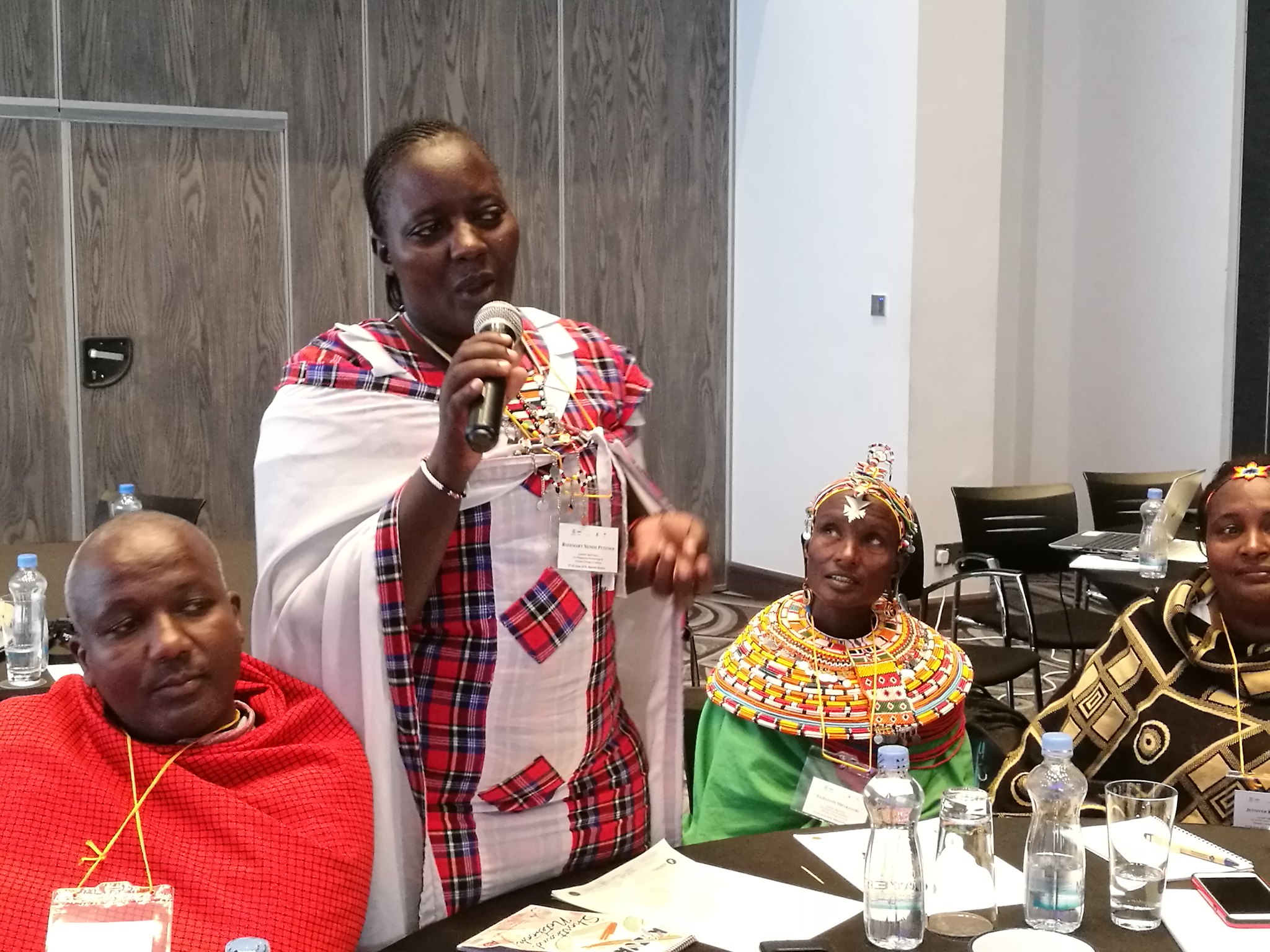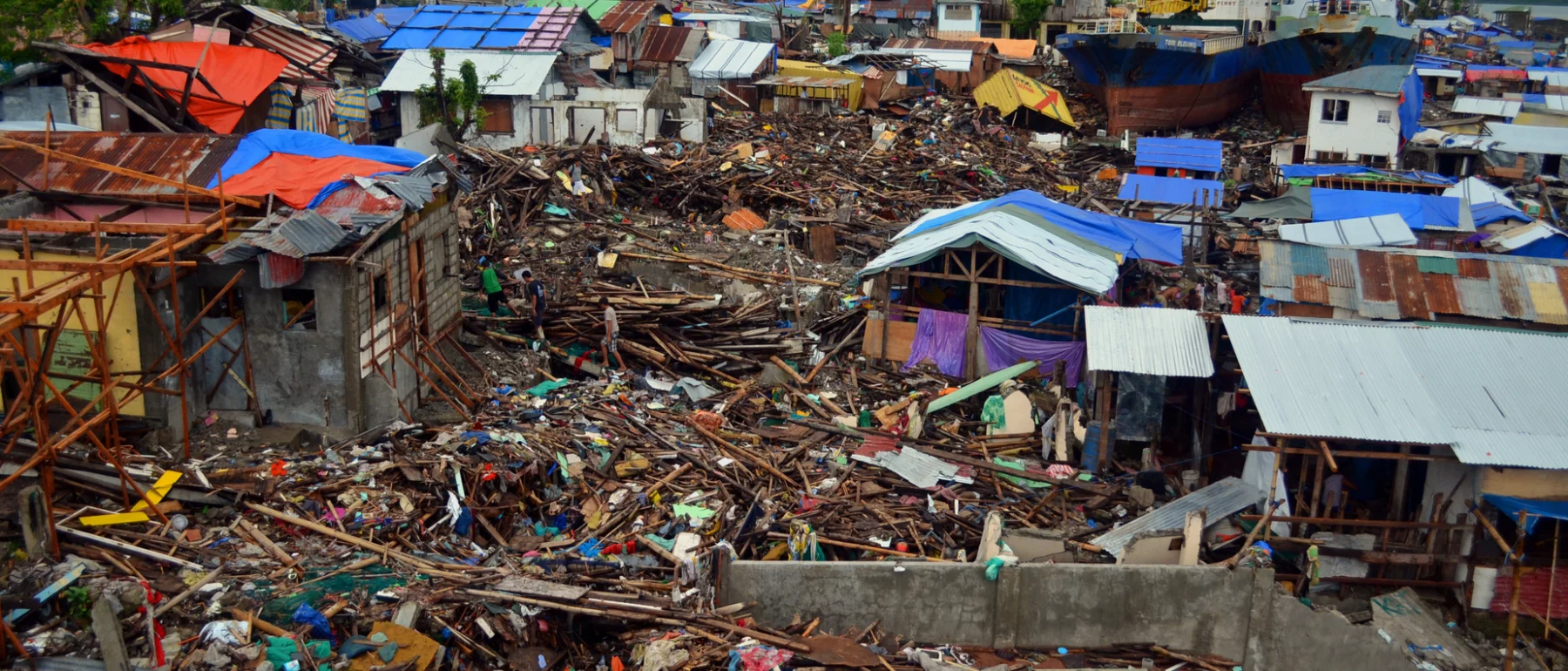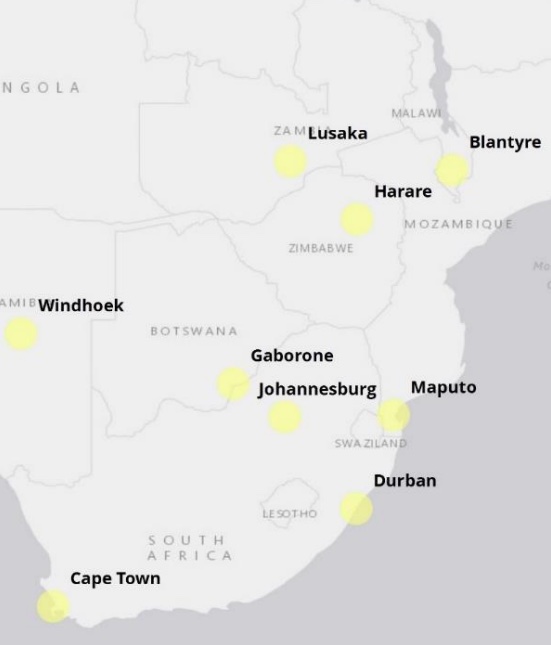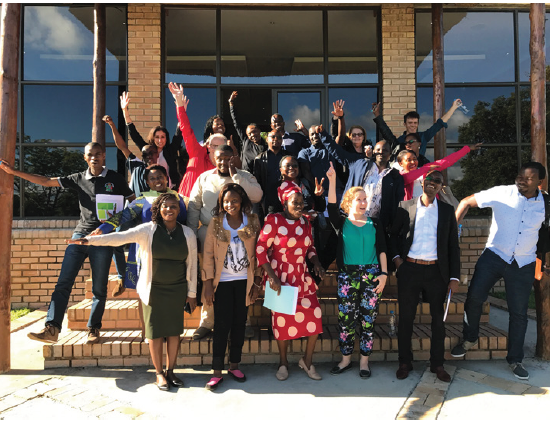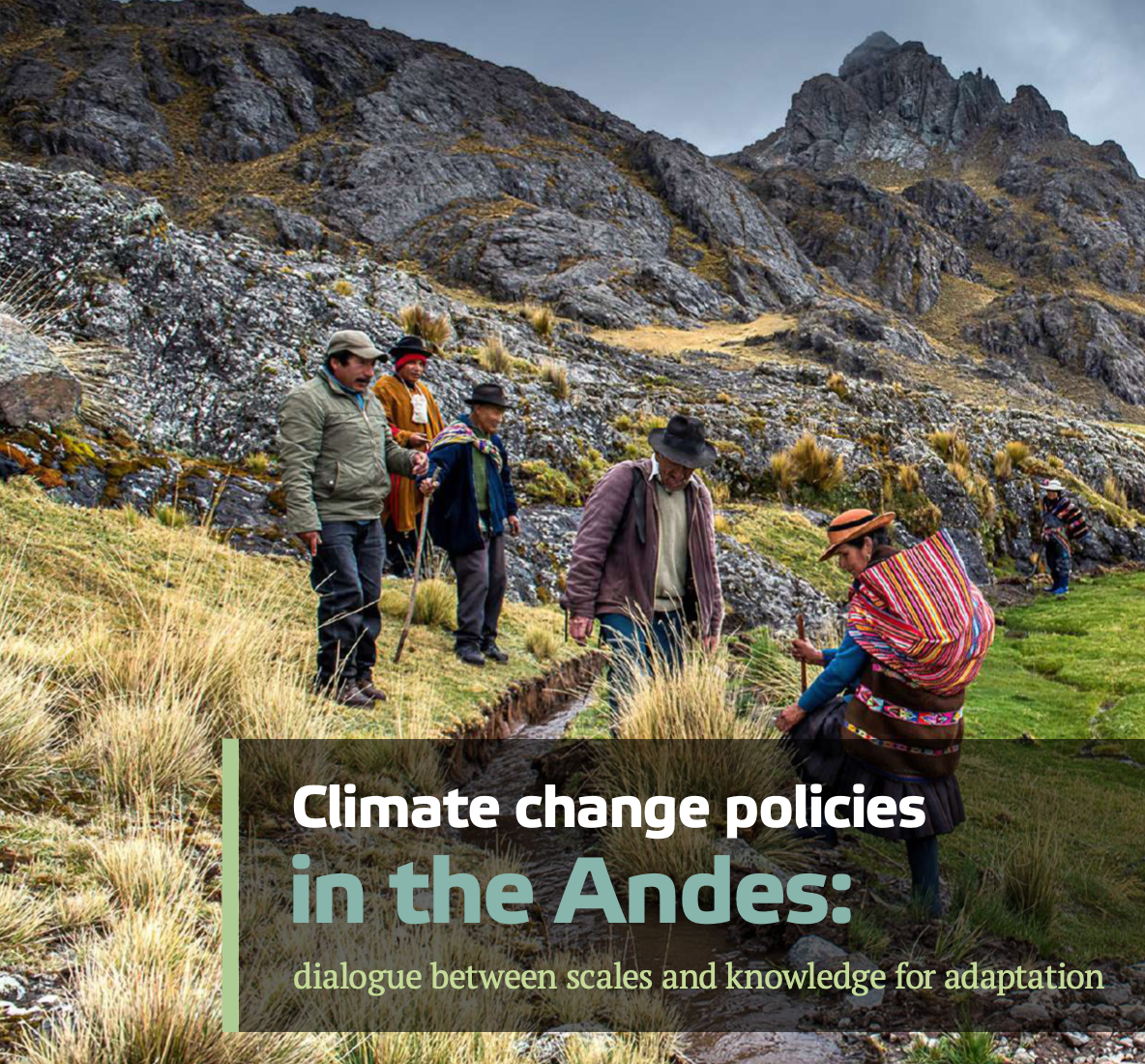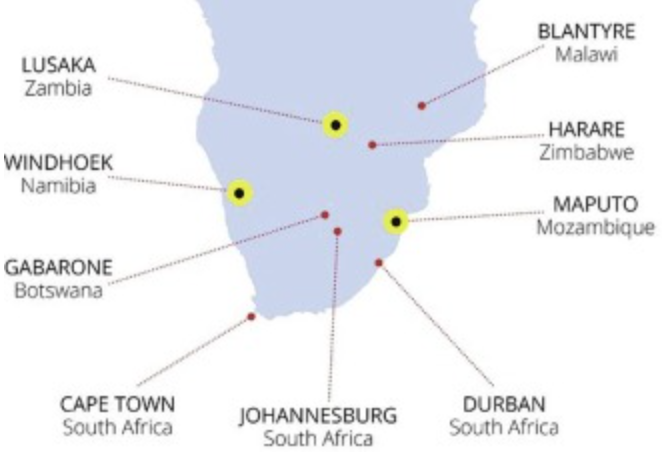knowledge co-production
The role of indigenous knowledge in climate change adaptation in Africa
This study documents evidence of the potential of Indigenous and local knowledge in reducing vulnerability to climate change and/or improving the resilience of communities.
Podcast: Critiquing knowledge co-production in disaster risk reduction
In this podcast episode, Minh Tran and Dayoon Kim of SEI Asia reflect on their work in climate and disaster research to critique knowledge co-production and find ways for research, policy and action to be more equitable.
Shifting Power Through Climate Research: Applying Decolonial Methodologies
Colonial legacies and unequal divisions of power embedded within Global North-South relationships continue to affect and shape climate research. This article explores how these dynamics can be better considered and addressed during research processes.
Principles for Co-Producing Climate Services: Practical Insights from FRACTAL
Explore principles for co-producing climate services based on FRACTAL project evidence and experiences through this working paper.
FRACTAL Principles
Throughout the FRACTAL project, the team determined several lessons for research and society, particularly with regard to working towards inclusive, contextual, and proactive climate research and action. Engage with the principles that underpinned the climate resilience work in the project.
Current state of climate change policies and adaptation strategies in the Andes: A multi-sectoral view from the mountains
A new regional study on the current state of climate change policies and adaptation strategies in the Andes shows the achievements in seven Andean countries, and raises future prospects.
Climate risk narratives: An iterative reflective process for co-producing and integrating climate knowledge
This article introduces the concept of Climate Risk Narratives (CRNs), their origin, and their evolution through a trans-disciplinary engaged research activity around urban climate resilience.
Co-designing climate services to support adaptation to natural hazards: two case studies from Sweden
Drawing on two Swedish case studies, this brief aims to understand how the co-design of climate services can support adaptation planning and decision-making.
The Tandem framework: a holistic approach to co-designing climate services
The Tandem framework provides a holistic approach for theco-design of climate services. The seven-step approach is designed to help scientists, intermediaries and decision-makers collaborate.
SENSES Toolkit for Climate Change Adaptation
The SENSES Toolkit, developed in the EC SENSES project, offers a range of modules for finance, policy and regional decision makers to learn about and explore climate change scenarios.
